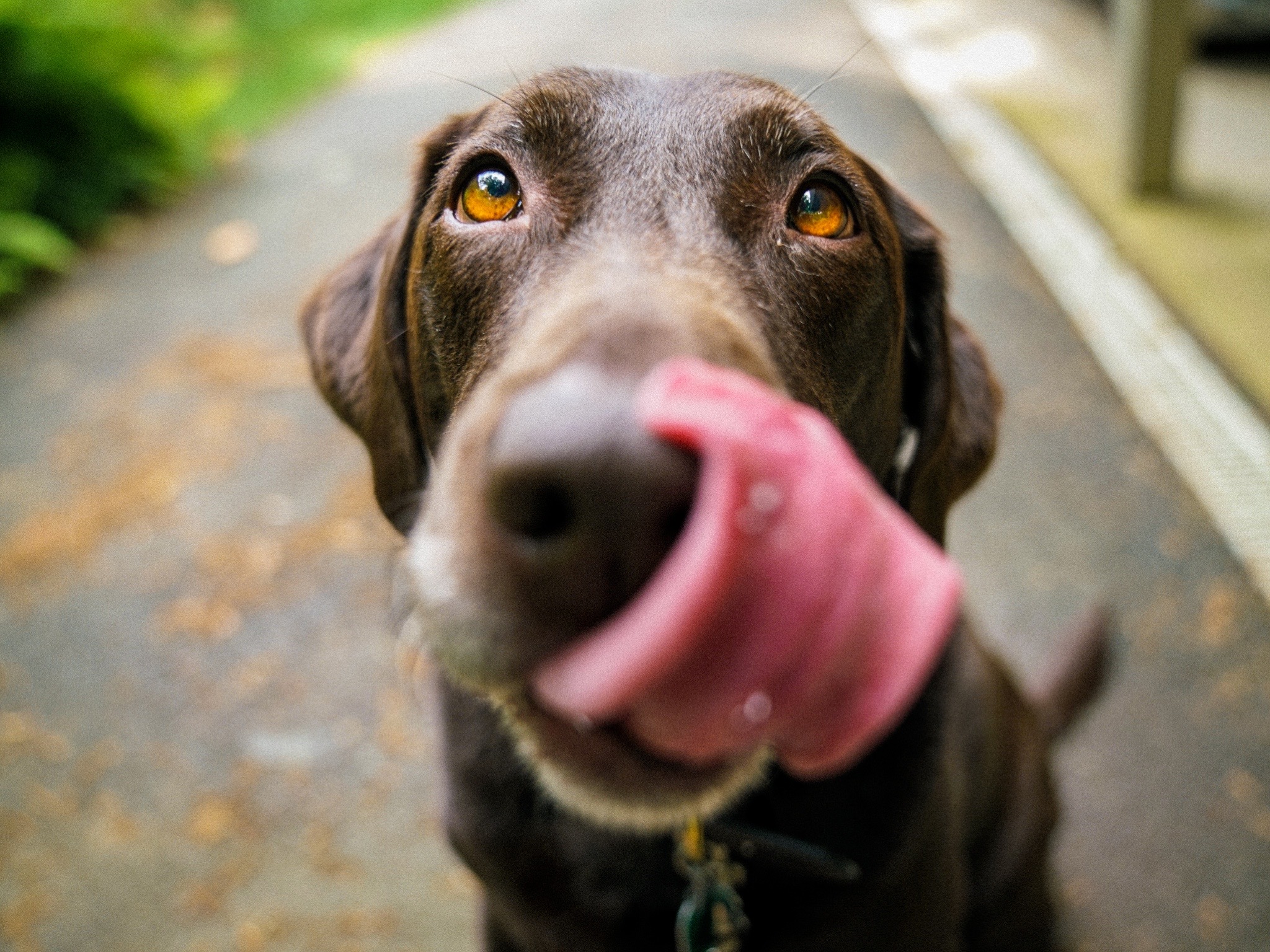Gov. Kathy Hochul signed S.4254 /A.4075 on Oct. 30, 2021, as part of an animal welfare legislative package. The bills—sponsored by Sen. Michael Gianaris, D-12, and Assemblywoman Deborah J. Glick, D-66, respectively—prohibit carriers from using the breed of a dog when underwriting an insured’s homeowners insurance policy, as defined by New York Insurance Law Section 2351. Specifically, the legislation prohibits insurers from refusing to issue, renew or cancel a homeowners policy, or charge or impose an increased premium on a homeowners policy based on the breed of a dog that the insured owns.
This law will go into effect Sunday, Jan. 30, 2022. Any policy that is written or renews after this date will be subject to this new law.
Concerns about the law
PIANY joined other industry associations to oppose this legislation in the state Legislature, and again when the bill was sent to Hochul. The law undercuts carriers’ underwriting flexibility and freedom, which is a basic principle of insurance that is needed to rate exposure to risks that aggressive dogs pose, properly.
By removing the carriers’ ability to rate based on dog breed, carriers will charge all dog owners a higher rate, regardless of the dog’s breed or temperament because costs still will be incurred from incidents with aggressive dogs—mainly dog bites.
According to the Insurance Information Institute, the total cost of dog bites reached more than $854 million nationwide in 2020. In New York alone, the cost amounted to nearly $60 million, which is a more-than 15% increase between 2019 and 2020. In New York, the average dog bite claim cost $66,817 in 2020, which is the highest of all U.S. states and 33% higher than the nationwide average, which is $50,245 per claim.
Exceptions
Under the new law, carriers are permitted to rate homeowners premiums based on a dog breed only if a specific dog in a specific home is found to be dangerous under the provisions of the Agriculture and Markets Law Section 123. In practice, this does not add meaningful flexibility in rating and underwriting because courts do not designate dogs as dangerous until after a bite has occurred. Even then, it is rare for a dog to be given that designation. The process to designate a dog as dangerous occurs on a municipality-by-municipality basis. It’s an extensive process and it includes many exceptions. Even in the rare case when a dog is determined to be dangerous, it obviously is too late because the loss already has occurred.
What does this mean for agents?
There is nothing in the law that requires agents to do anything. However, you might need to explain to some unhappy homeowners with dogs why their homeowners insurance premiums are increasing.

Katherine “Kat” Slye-Hernandez, Ph.D.
Katherine “Kat” Slye-Hernandez received her Ph.D. in political science from the State University of Albany, Albany, N.Y., in May 2020. She also has her Master of Arts from SUNY Albany and a Bachelor of Arts degree in Political Science and History from Elmira College, Elmira, N.Y.






